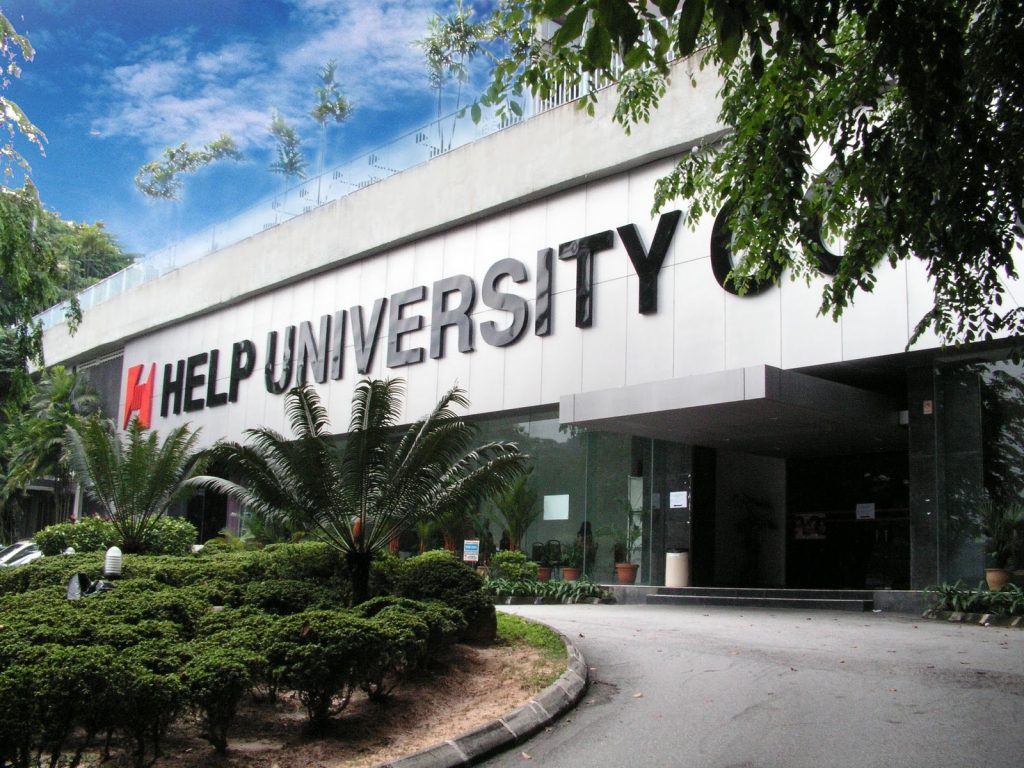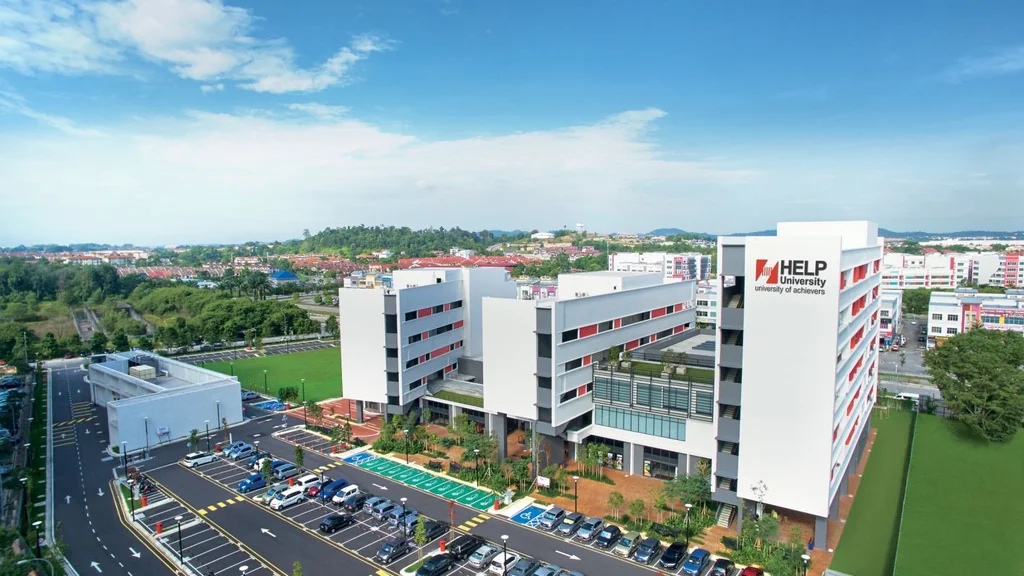Overview
The Master of Clinical Psychology programme seeks to train and develop students who are passionate about the well-being of people whose lives have been challenged by various forms of psychological and behavioural disorders.
This programme will develop competent clinical psychologists in Malaysia, equipped with holistic psychological knowledge, innovative skills and a professional attitude, who are able to serve a diverse population in the assessment, diagnosis and intervention of a wide range of psychological disorders. Furthermore, this programme seeks to instill a lifelong commitment to rigorous scientific inquiry through continuous clinical research and practice.
Why study Master of Clinical Psychology at HELP?
-
One of the largest psychology programmes in Southeast Asia with over 1000 students
-
A strong faculty of over 50 lecturers and graduate tutors
-
A facilitative and interactive programme that attracts top student achievers from all over Malaysia and around the world
-
A strong research culture and infrastructure supported by academic staff who are active international research
-
Opportunities for practical training through internships with over 300 organisations
-
Four Postgraduate programmes in psychology for full time students and working adults
-
A vibrant student life with active psychology student clubs, sporting events, psychology movie festivals and psychology research colloquiums
Programme Overview
Structure
These are the subjects that you will take as part of the programme.
Subject Listing – January Intake (Year 1)
1 (JAN-APR)
- MCL 601 – Clinical Interview & Basic Intervention Skills
- MCL 604 – Diagnostic Testing I
- MCL 606 – Personality & Psychotherapy
- MCL 607 – Adult Development, Health & Dysfunctions
- MCL 616 – Group Process I
2 (MAY – AUGUST)
- MCL 602 – Child Development, Health & Dysfunctions
- MCL 611 – Cognitive Behavioral Theory & Therapy
- MCL 612 – Professional Issues: Ethics, Conduct & Law
- MCL 614 – Internal Practicum I
- MCL 617 – Group Process II
3 (SEPT-DEC)
- MCL 605 – Diagnostic Testing II
- MCL 610 – Family Systems Theory & Therapy
- MCL 613 – Clinical Research & Evaluation Skills
- MCL 615 – Internal Practicum II
- MCL 618 – Group Process III
Note: Sequence of subjects may vary from intake to intake. Curriculum is subject to changes due to MQA requirements
Subject Listing – January Intake (Year 1)
1 (JAN-APR)
- MCL 601 – Clinical Interview & Basic Intervention Skills
- MCL 604 – Diagnostic Testing I
- MCL 606 – Personality & Psychotherapy
- MCL 607 – Adult Development, Health & Dysfunctions
- MCL 616 – Group Process I
2 (MAY – AUGUST)
- MCL 602 – Child Development, Health & Dysfunctions
- MCL 611 – Cognitive Behavioral Theory & Therapy
- MCL 612 – Professional Issues: Ethics, Conduct & Law
- MCL 614 – Internal Practicum I
- MCL 617 – Group Process II
3 (SEPT-DEC)
- MCL 605 – Diagnostic Testing II
- MCL 610 – Family Systems Theory & Therapy
- MCL 613 – Clinical Research & Evaluation Skills
- MCL 615 – Internal Practicum II
- MCL 618 – Group Process III
Note: Sequence of subjects may vary from intake to intake. Curriculum is subject to changes due to MQA requirements
Subject Listings – January Intake (Year 2)
4 (JAN-JUN)
- MCL 603 – Clinical Neuropsychology (Jan-Apr)
- MCL 630 – Clinical Research Project
- MCL 631 – External Practicum I
5 (JUL-DEC)
- MCL 632 – External Practicum II
- MCL 628 – Clinical Competency Evaluation (Diagnostic)
- MCL 629 – Clinical Competency Evaluation (Therapy)
Note: Sequence of subjects may vary from intake to intake. Curriculum is subject to changes due to MQA requirements
Assessment
The 2-year full-time programme consists of the following component:
- Coursework (including assignments and exams)
- Research project
- Practical training
To join the programme, you need to have the one of the following entry and English language requirements:
Entry Requirements
- Bachelor’s degree of at least 3 years’ study in Psychology from a recognised university with at least a 2nd Class Honours (Upper division), and a minimum CGPA of 3.0.
- For international candidates, English Proficiency in terms of IELTS 6.0 or equivalent is requirement for course commencement.
Language Requirements
Evidence of English language proficiency (only for applicants whose native tongue or medium of undergraduate instruction is not English), such as any of the following:
- TOEFL (Test of English as a Foreign Language) – scores minimum 213 (computer version) or 550 (paper version) or 70 (internet version)
- Cambridge GCE O level English paper 1119 – Grade C6 or above
- IELTS (International English Language Testing System) – band 6.0 or above
Interview
Shortlisted applicants must pass an interviews with members of the selection committee
- A high standard of written and oral communication skills (English language)
- Capacity to relate to a wide range of people from different age, gender, ethnic-racial, cultural, socioeconomic, and vocational backgrounds
- Ability and willingness to sustain high workloads
The interview serves as the most important entry requirement in determining the goodness-of-fit between the applicants and this programme. Applicants with strong academic qualification may still be rejected if they fail in the interview session.
Application Process
There is no online application for this program. For interested applicants, please contact the Department of Psychology directly to Ms. Nur Syahira at [email protected] to find out more about the application process as there are specific document requirements.
Here are the career pathways for graduates who complete the Master of Clinical Psychology programme.
Possible Career Pathways
- Professional Clinical Psychologist
- Counsellor
- School Psychologist
- Social Worker
- Psychiatrist
- Rehabilitation Counsellor
- Forensic Psychology
- Academic Adviser
- Professional Clinical Counsellor
- Developmental Specialist
- Neuropsychologist
- Drug Counsellor
- Psychology teacher
- Psychotherapist
- Researcher














